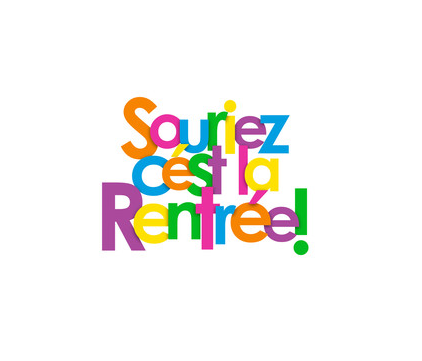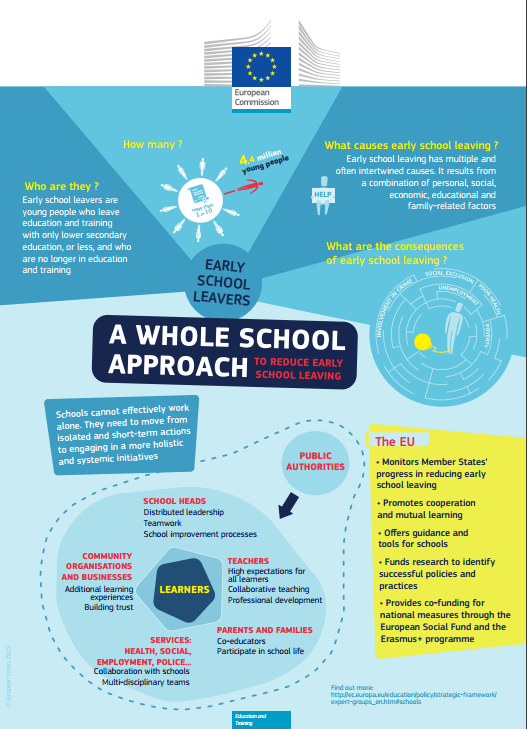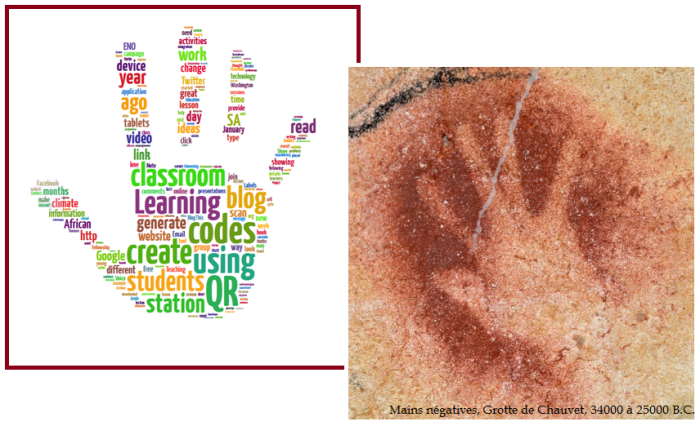
A NEW TOOLKIT FOR TACKLING EARLY LEAVING FROM EDUCATION AND TRAINING !
HOW DOES IT WORKS ?
A panel of six experts, including P’OP, worked with Irene Psifidou to develop this toolkit launched at Cedefop (European Center for the Development of Vocational Training) at the Learning Policy Forum. 16-17/5 in Thessaloniki.
The Europe-wide toolkit provides practical guidance, tips, good practice and tools to assist policy-makers and education and training providers in activities and policies. It is inspired by successful VET practices which help young people attain at least an upper secondary qualification.
The toolkit works in three ways by helping to:
- identify learners at risk of early leaving or who have already left education;
- intervene to keep them in or bring them back to the system;
- evaluate the measures implemented.
A new self-reflection tool for policy-makers and two evaluation plans (one for policy-makers and one for VET providers) can be used to monitor and evaluate the performance of policies and practices.
It is inspired by successful practices including those of our project “Recognize-Remedy-Reengage”
Apply for free membership to the toolkit and benefit from its resources!













